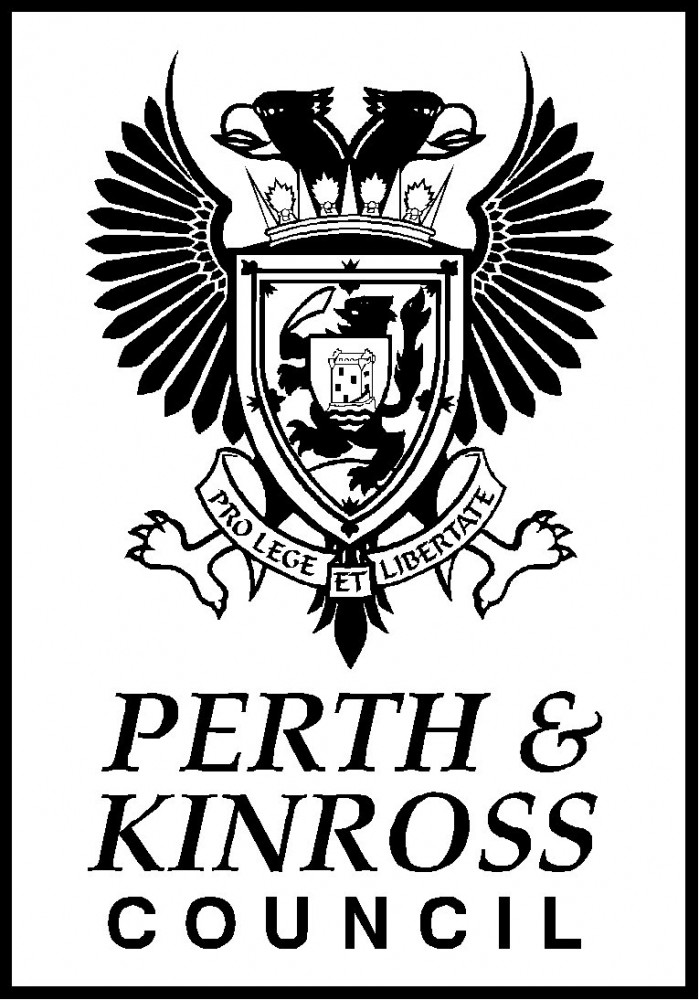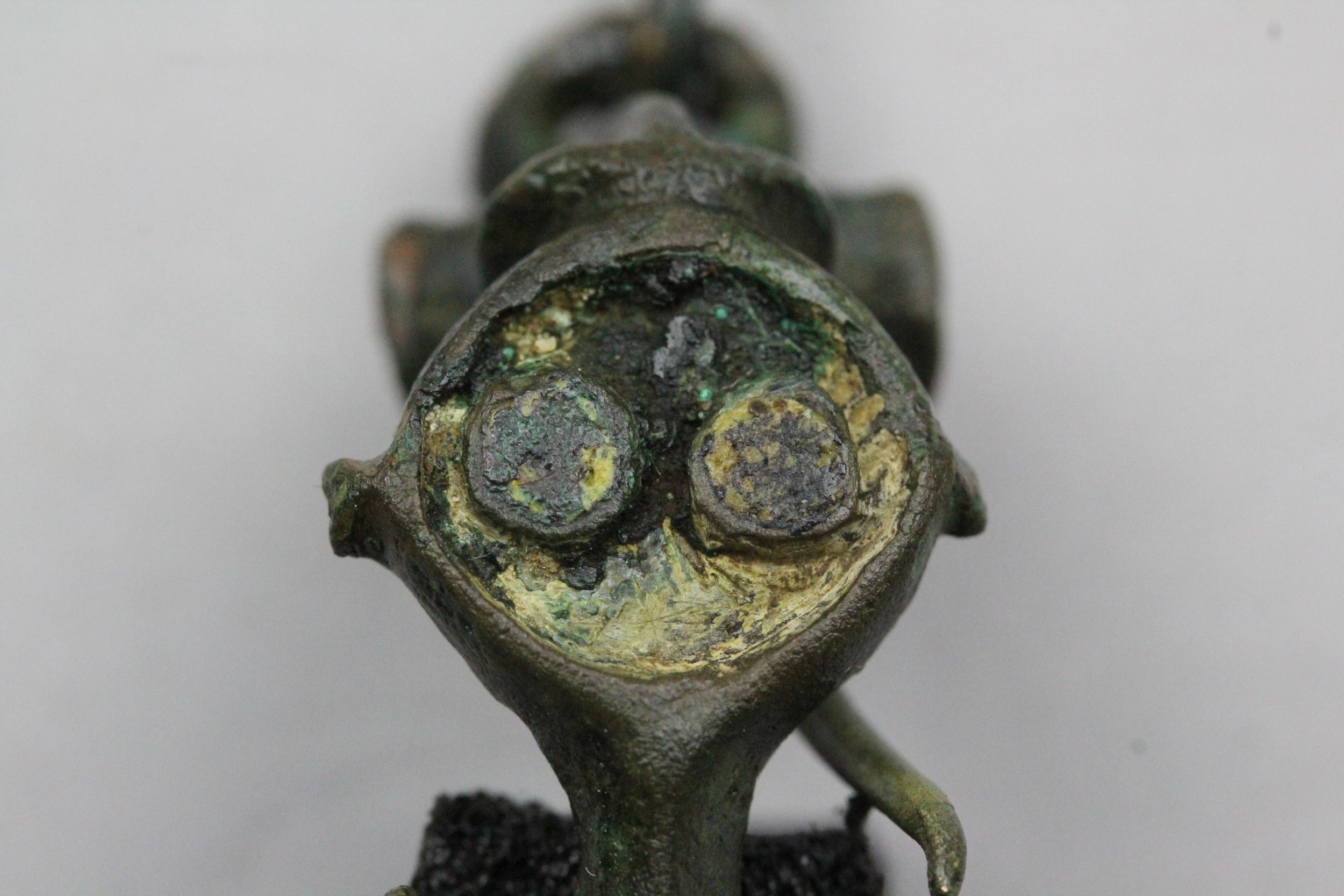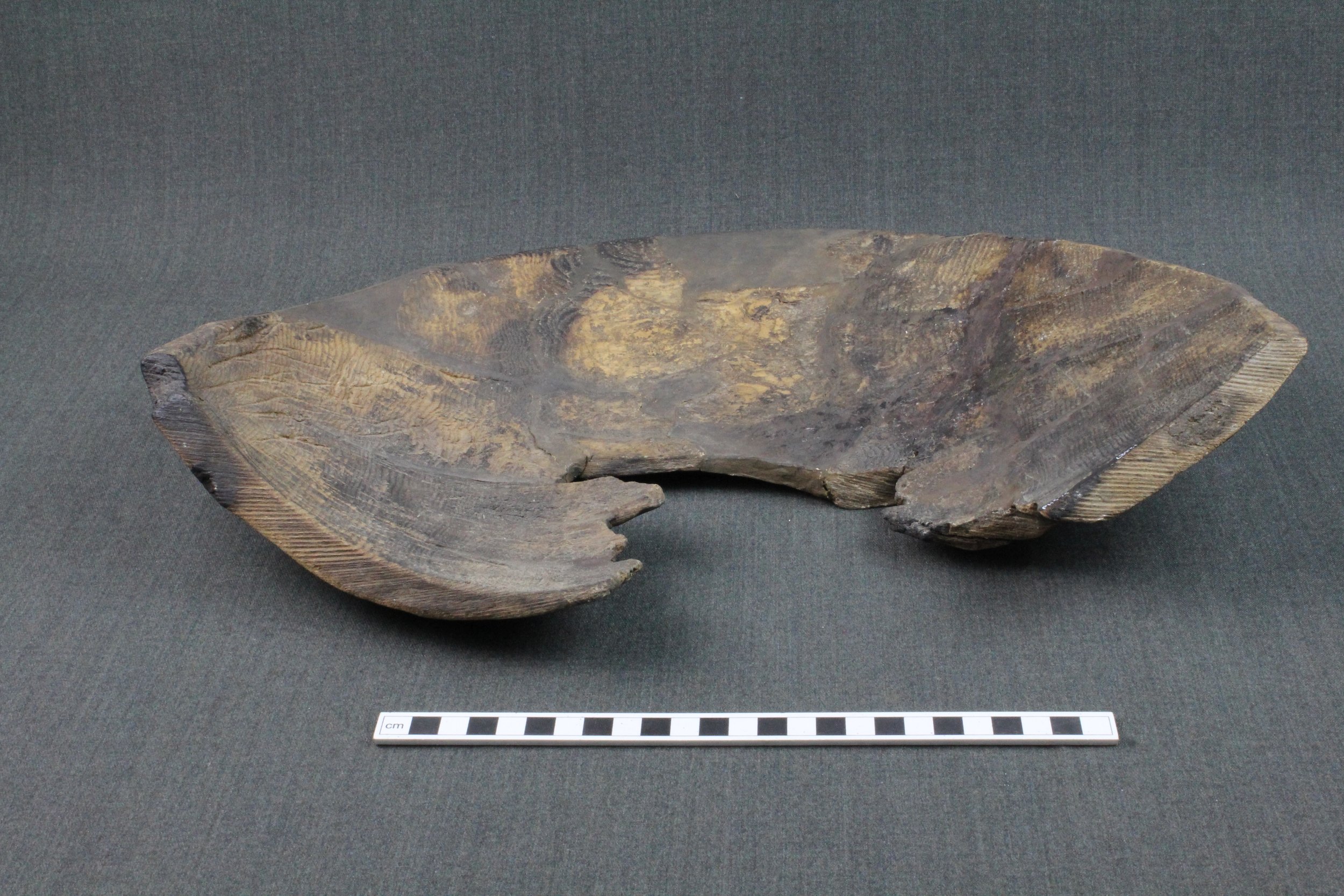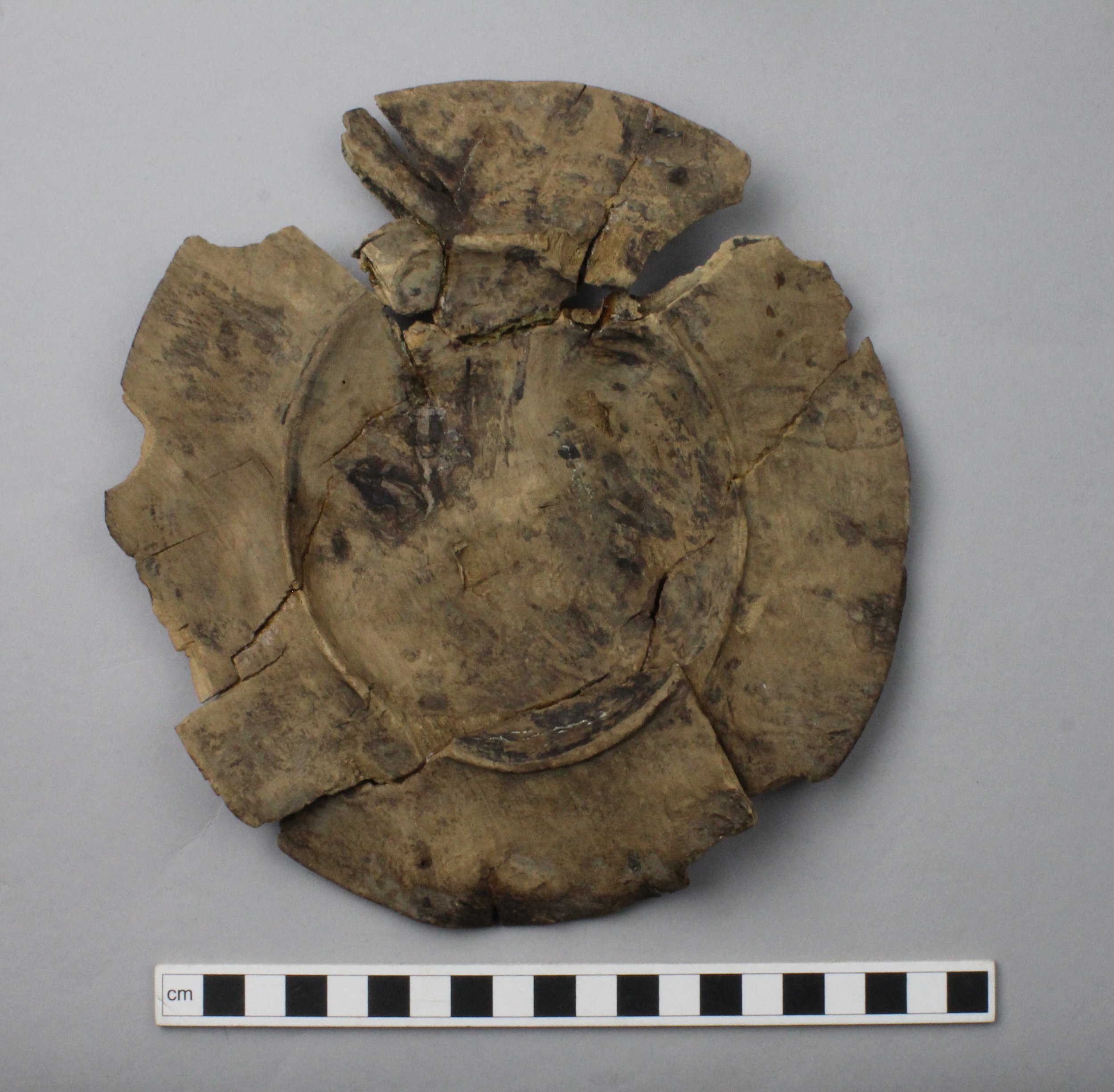
Hundreds of Objects
Spanning Thousands of Years
Preparation of Prehistoric & Medieval Artefacts for the New Museum in Perth
AOC is delighted to be working with Culture Perth and Kinross in advance of the opening of a new cultural and heritage attraction that will highlight the many objects and stories that put Perth and Kinross at the heart of Scotland’s history.
The new museum in what was Perth City Hall will be a major new venue, displaying Perth and Kinross’s Recognised Collections of National Significance alongside iconic loans and touring exhibitions from the UK and abroad.
Between 2021 and 2023, AOC’s conservators will be working on the prehistoric and medieval archaeological artefacts destined for the new museum, preparing almost 600 objects for display. Some of the artefacts will require lots of love to get them museum-ready, while others just need a clean to ensure they are in tip-top condition before going to their new home. We’ll share the highlights with you here!
This project has been funded by the Museums Galleries Scotland Museum Development Fund.
Wrapping Up!
The treatment of the last batch of obejcts is now complete and the objects are packed up and ready to be returned ready for the opening of the Perth Museum in Spring 2024.
Archaeological Desalination
Read about the process of desalinating iron finds in order to remove salts from the burial environment
Stabilizing a Ceramic Jug
Despite bieng treated in the past, this ceramic jug was in need of conservation, as a previous join had failed, causing a large sherd to detach. Read about the treatment here, and get an insight into a conservators decision making process.
Peeling Pot
Oftentimes, conservators are tasked with working on objects that have previously been conserved. In this treatment, our conservators removed peeling paint from a previous treatment, but retained the well made plaster fills, and simply retouched them - Teamwork!
Enamel Plaque
Read about the conservation of this beautiful plaque with detailed enamel decoration
Improving Appearance
Often tools like scalpels or dental tools are used by conservators to remove ingrained dirt and soiling from the recesses and crevices on an object’s surface. This helps to reveal the design and decorative elements!
Buckle with Plate
Deciding how far to take a treatment is an important part of conservation. X-ray images taken of this copper alloy buckle helped our conservators to determine that the dark lines in the recesses of the plate and frame were in fact part of the original decorative design, and therefore shouldn’t be removed during cleaning.
Monastic Bell
This large monastic hand bell is largely composed of iron, but with some interesting areas of copper brazing located along the outside edges. Bells such as these would have been used in prayer and worship, and were an important part of early Medieval monastic life in Scotland, Ireland and Wales.
Brewing up Trouble
This type of bronze pot was common during the 13-15th c. and was used for cooking. This particular example, found near Dunkeld, came to us mostly in a good shape, but had begun to show signs of corrosion, and some previous conservation repairs that needed to be addressed.
Ritual Offerings
With us for conservation we have several complete and fragmentary brooches that were found near Loch Leven in recent years, following the partial draining of the loch in the 19th century.
Nesting Weights
Nesting weights, like the ones seen here, were produced in Nuremberg in the post-medieval period, and were used by apothecaries and other tradesmen to measure coins.
Leatherworking Knife
This gorgeous medieval leatherworking knife was found alongside 8 others from an excavation at Peth High Street.
The Red Brooch
Plate brooches with fantails, like the one we see here, were used between the 1st – 3rd century AD.
The Work Continues
We are happy to share that the work on the latest phase of the project is well underway
An Upright Thole, Already Old-fashioned
An early form of rowlock, soon replaced by claw-shaped rowlocks
A Toilet Seat with a Doodle Detail
A geometric design at one end of this medieval toilet seat was most likely added by someone passing the time while using the facilities























